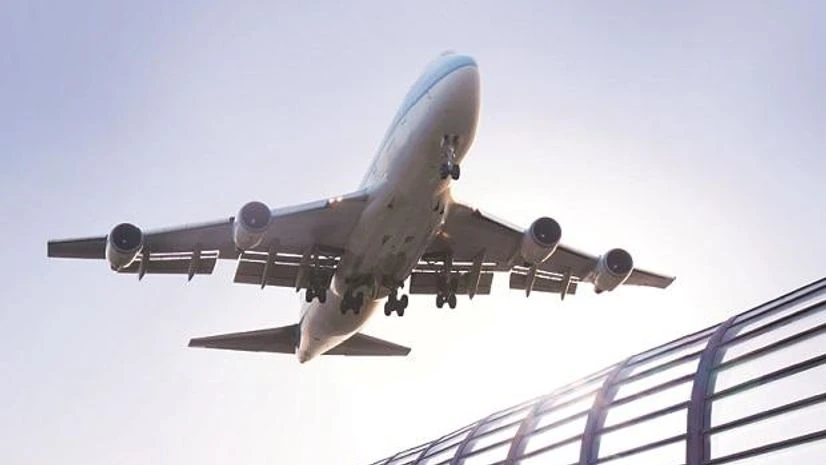India is a fantastic potential market for aviation but not a cheap market to operate as taxation is higher in the country than in many other places, international airlines' grouping IATA's chief Willie Walsh said on Tuesday.
During a media briefing here, Walsh also highlighted the scale of the economy and investments going into airports in India.
The International Air Transport Association (IATA) is a grouping of more than 300 airlines, including Air India, IndiGo and SpiceJet.
While responding to a query about a possible duopoly in the Indian airline market, Walsh said there is "plenty of scope for others (airlines) to compete in the market".
"What you have in India is a fantastic potential market. You look at the scale of the economy, investments going into airports... (but) India is not a cheap market to operate.
"Taxation in India is higher than most places in the world. I think there is a lot of potential in India," he said.
More From This Section
India is one of the fastest-growing aviation markets globally.
Meanwhile, Walsh also said that he has no sympathy for airports and that they are profitable all the time.
"Airports try to convince people that every new passenger I get means I have to increase my charges. That is complete nonsense. The more passengers you get, the lower your cost should be. What we have seen with airports is very high returns on capital way in excess of the cost of their capital," he said.
Further, Walsh said that India needs to recognise that the real advantage will come in by making fares cheaper for more and more people to fly.
On Monday, the IATA chief said that an analysis of almost seven billion international flight tickets has shown that airlines have paid more than USD 380 billion in taxes and charges.
"We analysed data from almost 7 billion tickets for international flights going back to 2018, which showed that airlines have paid over USD 380 billion in taxes and charges, which added over 33 per cent to the price of a ticket.
"And if we include domestic flights, that figure of USD 380 billion rises to half a trillion US dollars. It's important that policymakers are moved by facts, not fiction and it's heartening that 75 per cent of travellers see green taxes for what they are -- nothing more than government greenwashing!" Walsh had said.
(Only the headline and picture of this report may have been reworked by the Business Standard staff; the rest of the content is auto-generated from a syndicated feed.)

)
